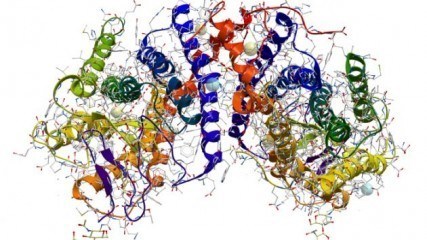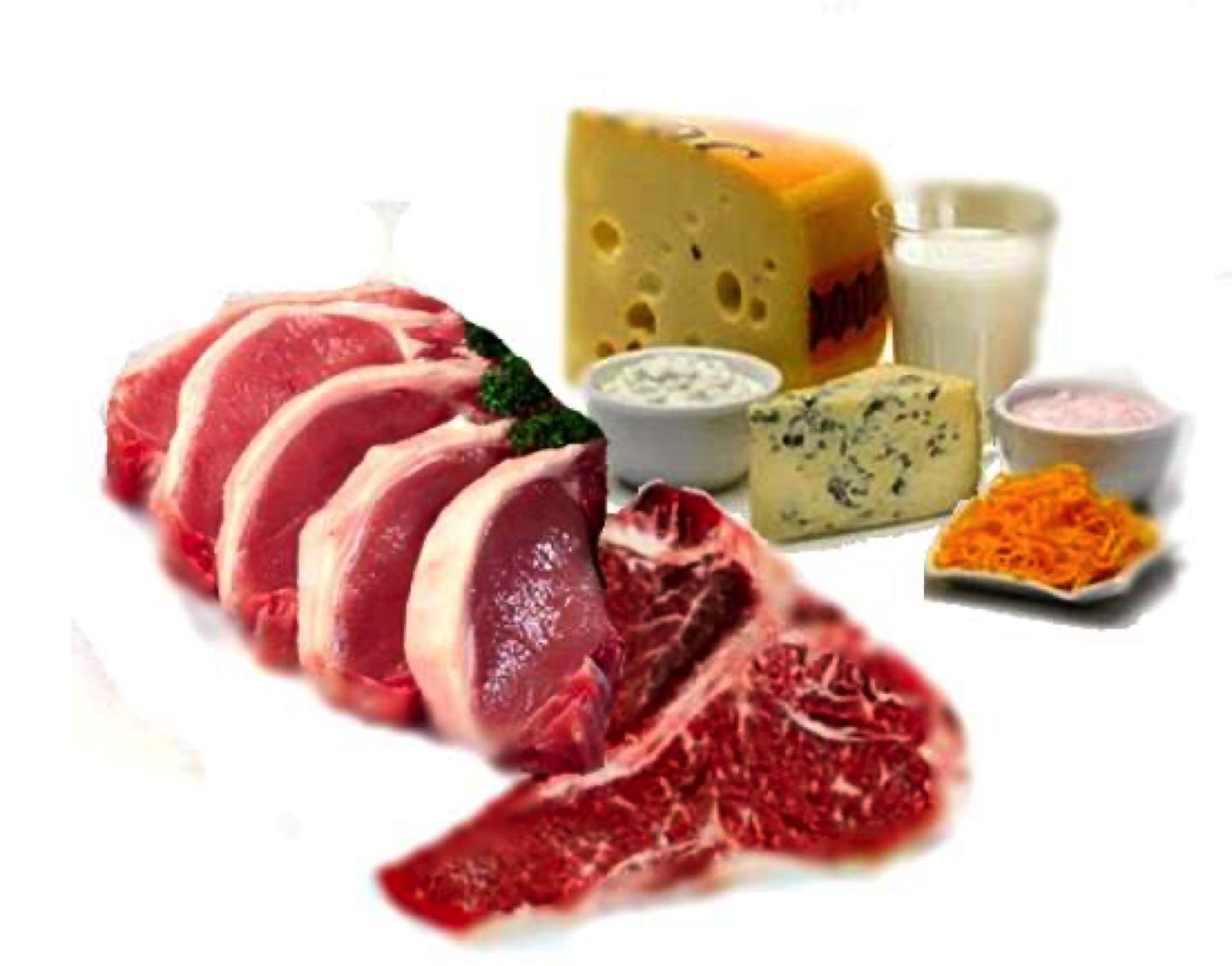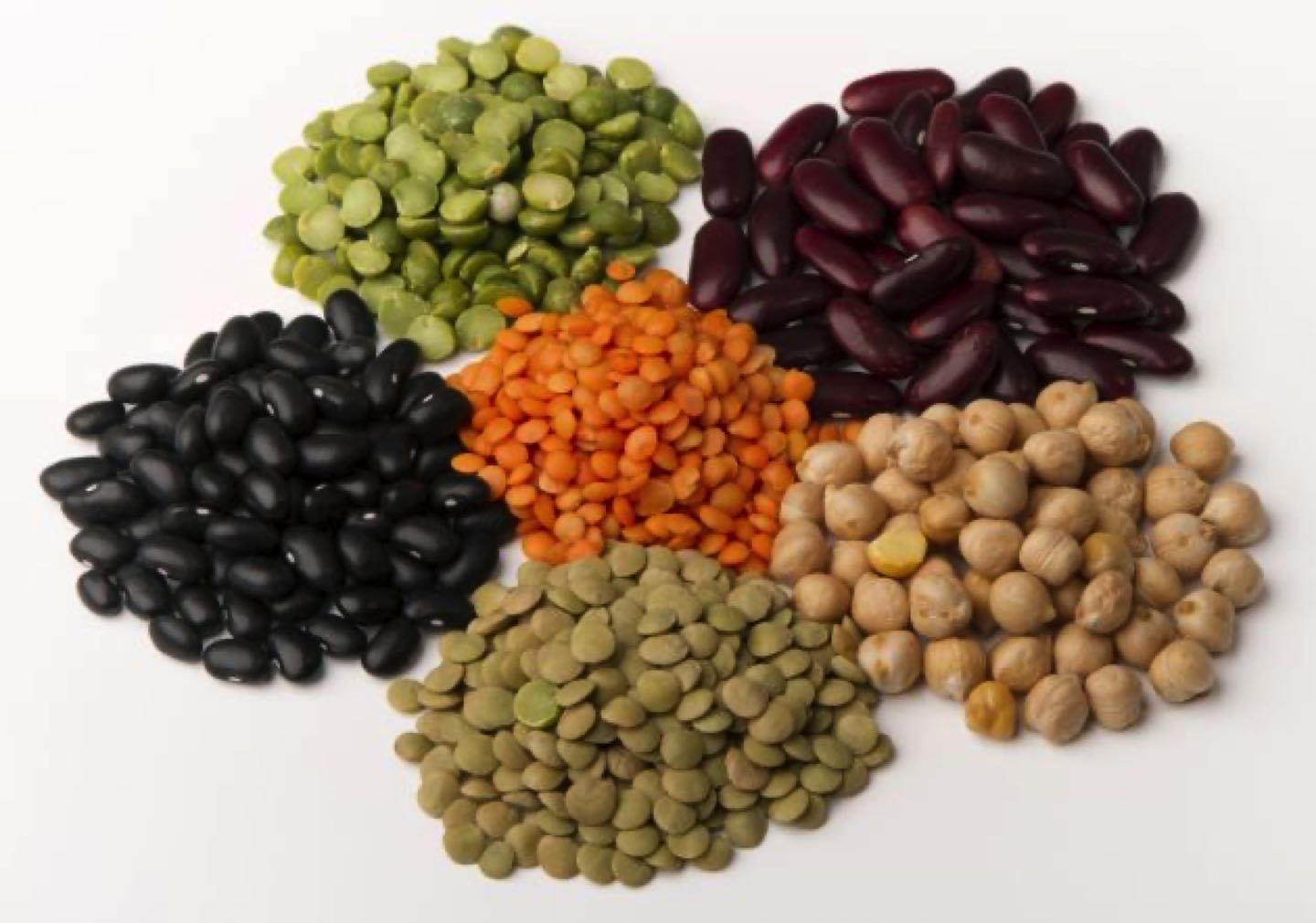Subscribe to our newsletter
Receive news and benefits on health and wellness.

SHA Magazine Healthy Nutrition
In the past, some people believed one could never get too much protein. In the early 1900s, Americans and Europeans were told to eat well over 100 grams of protein a day. And as recently as the 1950s, health-conscious people were encouraged to boost their protein intake. Today the World Health Organization recommends to drecrease the protein intake and advises that healthy adults should consume approximately 40 gr. of protein each day.
Some famous diet books for quick weight loss encourage high-protein intake, although most people tend to take in twice the amount of protein they need already. And while individuals following “the protein diet” have sometimes had short-term success in losing weight fast, they are often unaware of the health risks associated with a high-protein diet. Excess protein has been linked with osteoporosis, kidney disease, calcium stones in the urinary tract (kidney stones), and even some cancers.

Our body builds muscle and other parts of our body thanks to amino acids, which come from protein we consume. However, contrary to popular belief, the proteins are not found exclusively on meat. A varied diet of beans, lentils, grains and vegetables contains all essential amino acids. Although it is sometimes recommended to eat certain plant foods together to get their full protein value, current research suggests that it is no necessary and many authorities in the field of nutrition, including the American Dietetic Association and the British National Health Service, consider the need of essential amino acids and proteins and body can be easily satisfied by consuming a variety of vegetable protein sources throughout the day. To get the best benefits from protein we consume, it is important to eat enough calories as we need according to our energy consumption (that’s why it’s so important to follow a personalized diet).
The general European and North American diet includes lots of meat and dairy products. As a result, there is often an excess of protein in our body that can be harmful to our health. Healthy Nutrition experts determine that a balanced diet with proteins needed by our body just simply replace animal products with grains, vegetables, legumes (peas, beans, chickpeas, lentils…) and fruits. While we eat a wide variety of plant foods in sufficient quantity, our body will get the protein and essential amino acids for its development. However, if we wish, we can include some animal protein and take some fish and seafood according to our taste and needs.

Related posts:
Receive news and benefits on health and wellness.
